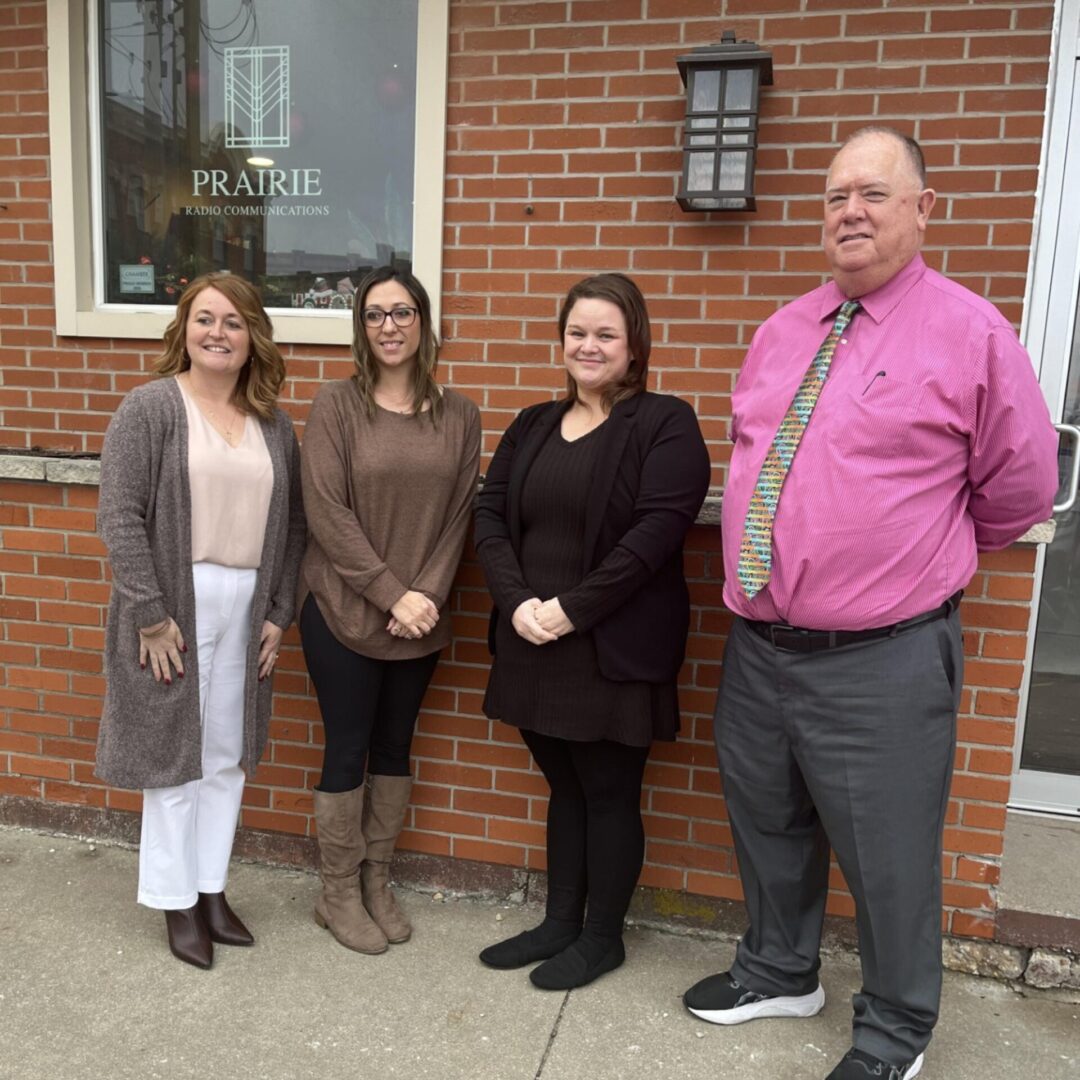If you have a family member who has been diagnosed with Alzheimer’s disease, or is starting to show symptoms, you will face some real challenges. Navigating the Alzheimer’s experience involves a long journey, and there’s no easy answer for how you can cope with your emotions. But you can at least address some of the financial issues involved to help give yourself a greater sense of control.
Here are some moves to consider:
• Plan for care costs and identify insurance coverage. The list of Alzheimer’s-related medical expenses is long and includes ongoing medical treatment, medical equipment, home safety modifications, prescription drugs and personal care supplies. As a caregiver, you’ll want to know the extent of your loved one’s health insurance: Medicare, supplemental policies, veteran’s benefits if applicable, and so on. One big question is how much coverage they might have for adult day care services, in-home care services and full-time residential care services, and other long-term care options. Long-term care is one of the largest health care costs not covered by Medicare, so you’ll want to determine if your loved one has a long-term care policy or another insurance policy with a long-term care rider.
• Identify assets and debts. You’ll need to know your family member’s financial position, both what they own — bank accounts, investments, property, etc. — and what they owe, such as credit card debt, a mortgage, lines of credit, and so on. This knowledge will be essential if you’re granted power of attorney to take over your loved one’s finances.
• Look for tax breaks available to caregivers. If you’re a caregiver, you may have to pay for some care costs out of pocket. Consequently, you could receive some tax credits and deductions. These benefits vary by state, so you’ll want to consult with your tax advisor to determine your eligibility.
• Ensure necessary legal documents are in place. As a caregiver, you may need to ensure some legal documents are in place, such as a durable power of attorney for finances, which lets you make financial decisions for your loved one with Alzheimer’s, and a durable power of attorney for health care, which lets you make health care and medical decisions on their behalf. It’s important to have these and other necessary documents drawn up before someone is diagnosed with Alzheimer’s or when they’re just starting to exhibit the earliest signs of the disease, so they can understand what documents they are signing. If you wait until they no longer have this cognitive ability, things will get much more challenging. You could apply to become a conservator, which grants decision-making abilities similar to a power of attorney, but the conservatorship process takes time and could involve court procedures. To avoid this potential difficulty, work with your tax and legal professionals to ensure all the relevant legal documents are in-force and updated.
Finally, you don’t have to go it alone. To help deal with the emotional challenges of caregiving, you can find local Alzheimer’s support groups that can offer practical suggestions for coping. As for the financial issues, consider working with a financial professional who can look at your family’s overall situation and recommend appropriate actions.
A diagnosis of Alzheimer’s will change the lives of everyone in your family. But as a caregiver, you can help ease the burden.
***This article was written by Edward Jones for use by your local Edward Jones Financial Advisor. Edward Jones, Member SIPC***
















